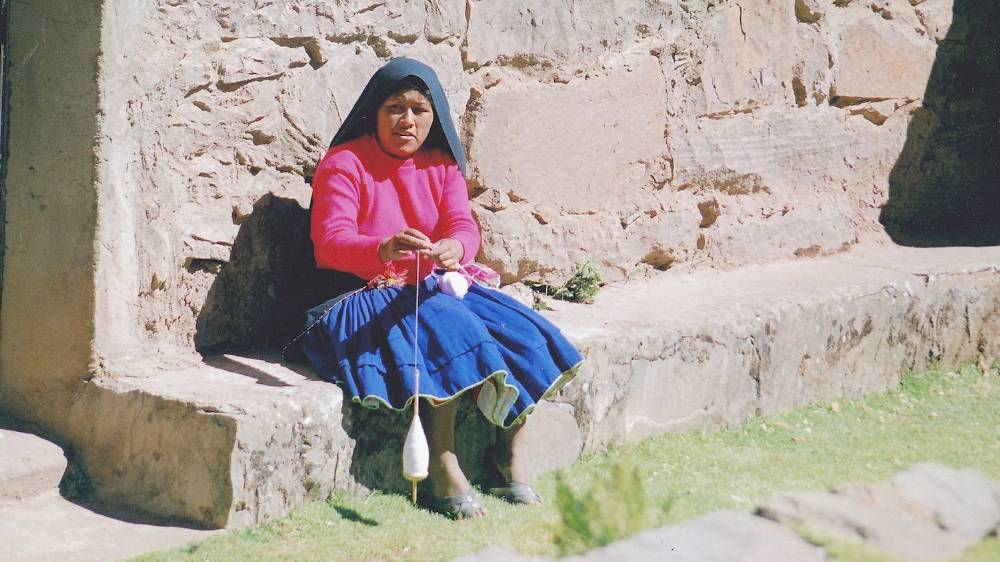This month, Malaysia’s lower house amended the country’s Child Act 2001 without banning all marriage by girls and boys under the age of 18, as called for by several members of parliament and rights groups.
Absent from the debate was any appreciation of the core problem with child marriage – the real and lasting damage that early marriage causes to girls.
Around the world, there is overwhelming evidence that child marriage has devastating consequences for girls.
…
Permitting early marriage
While Malaysian civil law sets the minimum age of marriage at 18, the law is riddled with exceptions.
Girls 16 and older can marry with permission of their state’s chief minister.
For Muslims, Islamic law sets a 16-year minimum age for girls and permits even earlier marriages, with no apparent minimum, with the permission of a syariah court.
Statistics on the rate of child marriage in Malaysia are hard to pin down, but in 2010, the
women, family and community development deputy minister reported that 16,000 girls aged below 15 in the country were married.
After a country visit to Malaysia in 2014, a United Nations special expert expressed concern about the prevalence of child marriage, noting that he was “very worried about information received indicating that, in an attempt to reduce the incidence of premarital sex, children born out of wedlock, and child abandonment, certain authorities are encouraging underage marriage.”


